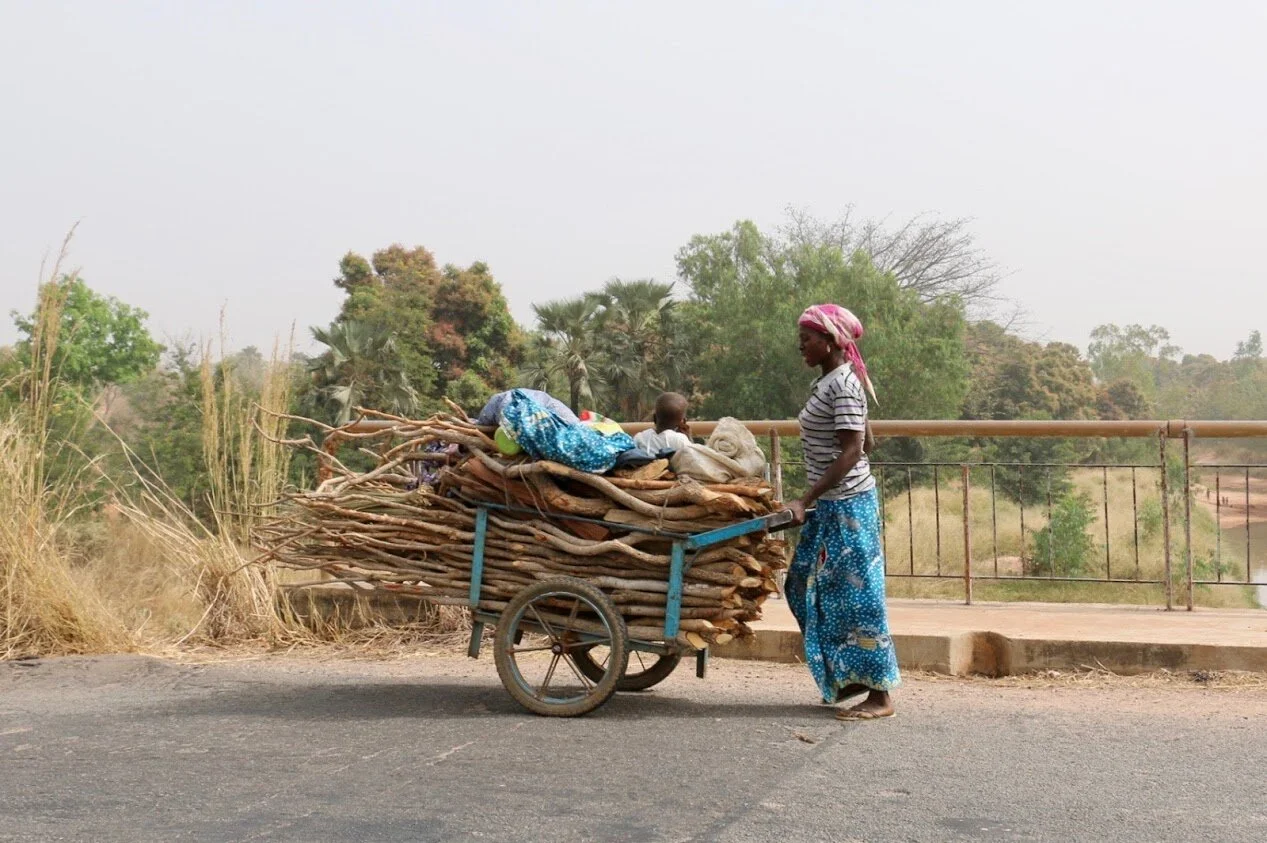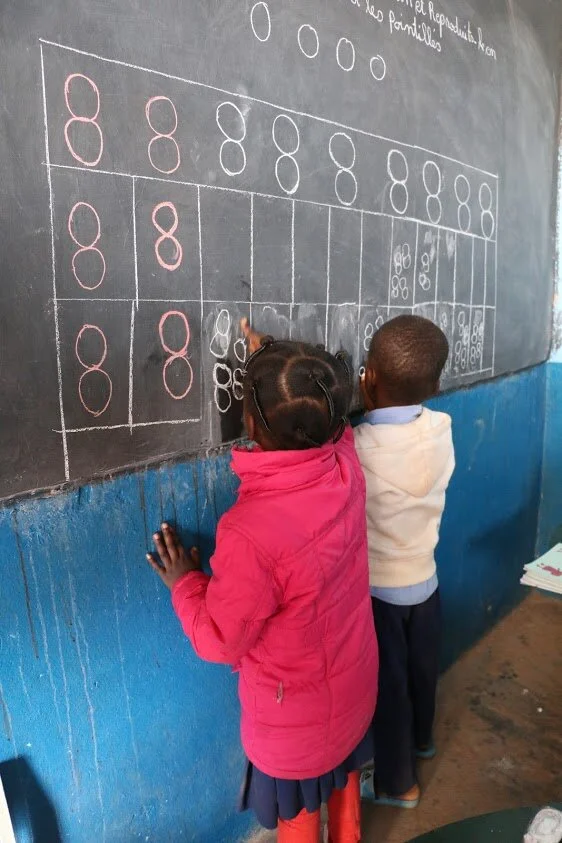Initiatives
SWBA has a number of initiatives in place that help the widows rise above the preventable fate of widow-pillaging and increase their healthy interdependence and self-reliance in their community.
Micro-financing: collective savings, mutual insurance and micro business loans
SWBA works collectively most days of the week. Widows, with some of their children, meet around 8 am and work till usually 5:30 pm. They are all trying to master making at least five different types of highly saleable products in the event they left the community and were no longer with SWBA.
They share the proceeds for:
a collective nutritious meal
individual health
funeral and medicine insurance
education (including literacy and numeracy)
awareness initiatives (eg. against female genital mutilation)
reaching out to other isolated widows near and far
SWBA has started a micro-enterprise rotating loan system where selected widows can borrow $460 dollars. Payback of the loans begins after three months and the women continue working together for additional income. Along with the loan, the widows receive business training and ongoing support.
Some of the ways the loans have been used:
Two of the widows bought a donkey with a cart and barrel to deliver water and building supplies.
Some widows buy peanuts in bulk and grind them for making peanut butter cooking sauce.
Others grind corn in bulk or make hibiscus juice.
Others sell children’s shoes and used clothing.
Peacemaking
The widows are from all different social, political, economic and religious backgrounds (Muslim, Christian and Indigenous African). Because of this diversity, the widows are committed to model a constructive, conciliatory way of supporting each other as well as contributing to the well-being of the mixed neighbourhoods where they live.
They seek to live in peace with local religious leaders and encourage all believers to support widows and orphans in their challenges.
Most of all, SWBA tries to be a safe alternative for neighbourhood widows, orphans and women.
Advocacy
After taking a leading role in having June 23 annually celebrated as the National Day of Widows and Orphans, SWBA partners with other women’s organizations and poverty organizations to pressure decision-makers to take more practical action against the illegal cultural practice of widow and orphan pillaging.
Education
Widows participate in hands-on training to learn at least five different skills and livelihoods. SWBA widows attend but also offer literacy and numeracy evening classes for the neighbourhood women.
Relief
In extreme situations, widows can access limited emergency food, medical and medical prescriptions. Once a year a relief package of food is put together and distributed. This is an important gesture regarding food security and membership in the association.


